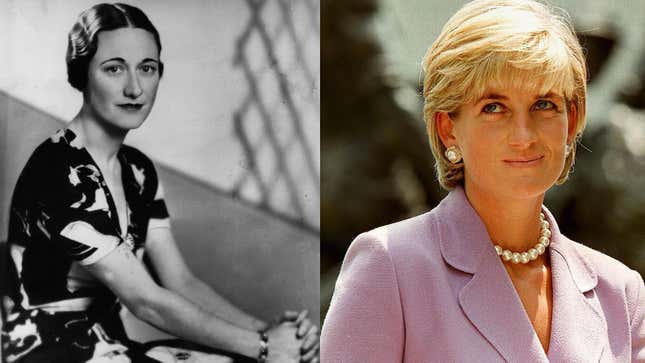

With Harry and Meghan departing from the lineup of “working” royals—those who make appearances and perform various tasks on behalf of Queen Elizabeth—once again the Windsors are negotiating the intricacies of a piece of royal protocol that is simultaneously very fiddly and very crucial: who gets an “HRH,” the title of His or Her Royal Highness, which is the next step down from the Queen herself (known as Her Majesty). It means very little outside palace walls, but the HRH has been hotly contested in the great internal royal conflicts of the 20th century, and it’s one of the many ways the monarchy telegraphs its pecking order.
The HRH title took off in the 17th and 18th centuries, according to Dr. Jonathan Spangler, a senior lecturer at Manchester Metropolitan University. Back when Europe was still run by royals, maintaining a clear dynastic pecking order was a matter of life and death importance. The title was a way to distinguish between the varsity-level royals who really mattered and their nothing-ass cousins, preventing wars of succession from popping off. “In the 17th century, ancient ruling families such as the Bourbons in France or the Habsburgs in Spain needed to consolidate their positions at the top of the hierarchy as smaller states began to assert their own independence and status,” explained Spangler. The heads of larger states needed something assert their still-senior rank. Hence Prince Albert of Monaco, in contrast to the senior Windsors, is a mere “Serene Highness.” Dukes that aren’t royal dukes are simply Your Grace.
By the end of World War I, of course, most of those status-obsessed dynasties had been wiped off the board entirely. But the HRH remained important for the Windsors over the course of the 20th century—in no small part because it was a vehicle for the dynasty’s domestic dramas. Like so much else to do with the royals of the United Kingdom, the HRH title is not a hard-and-fast legal term. It’s grounded in custom but basically negotiable, based on any individual’s particular situation and standing with the sovereign: “HRH, though it has no constitutional meaning and no statutory basis, does denote a direct family connection to the Crown,” explained Tina Brown in her excellent The Diana Chronicles. “It is awarded or withdrawn purely at the will of the Monarch.” Mostly the HRH is reserved for working royals, but it also extends to family members like Andrew’s daughters, Beatrice and Eugenie. It confers a plum spot in the aristocratic hierarchy; it means other women are expected to curtsy to you, for instance.
-

-

-

-

-

-

-

-

-

-

-

-

-

-

-

-

-

-

-

-

-

-

-

-

-

-

-

-

-

-

-

-

-

-

-

-

-

-

-

-








































